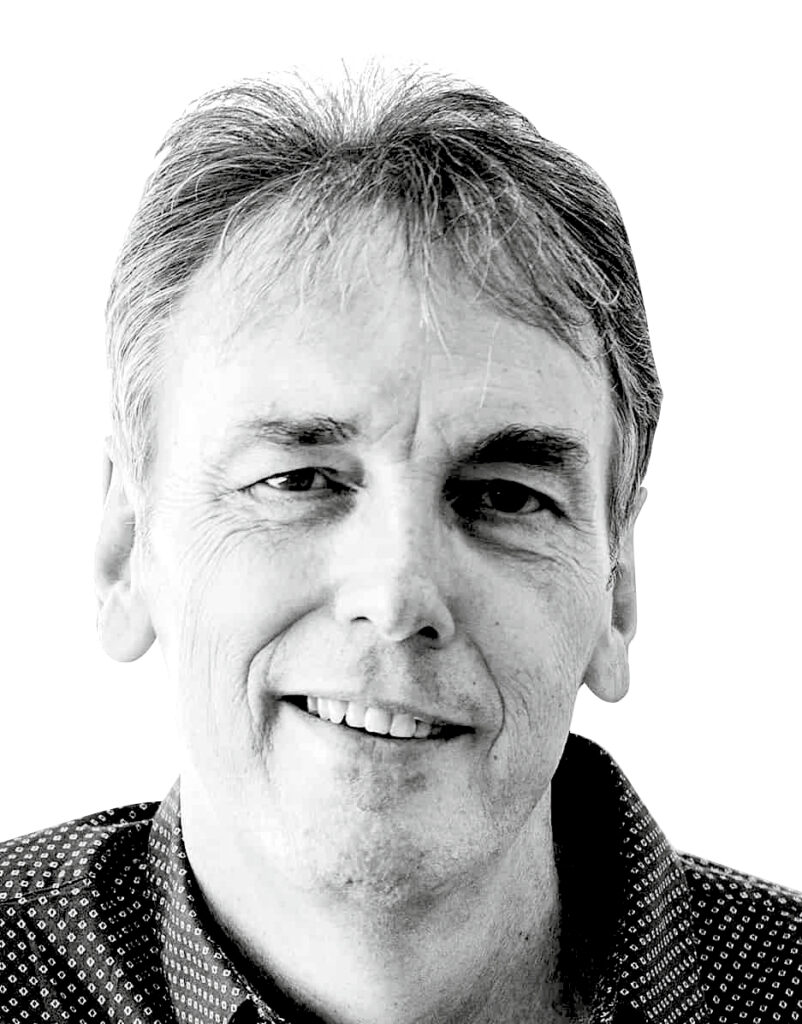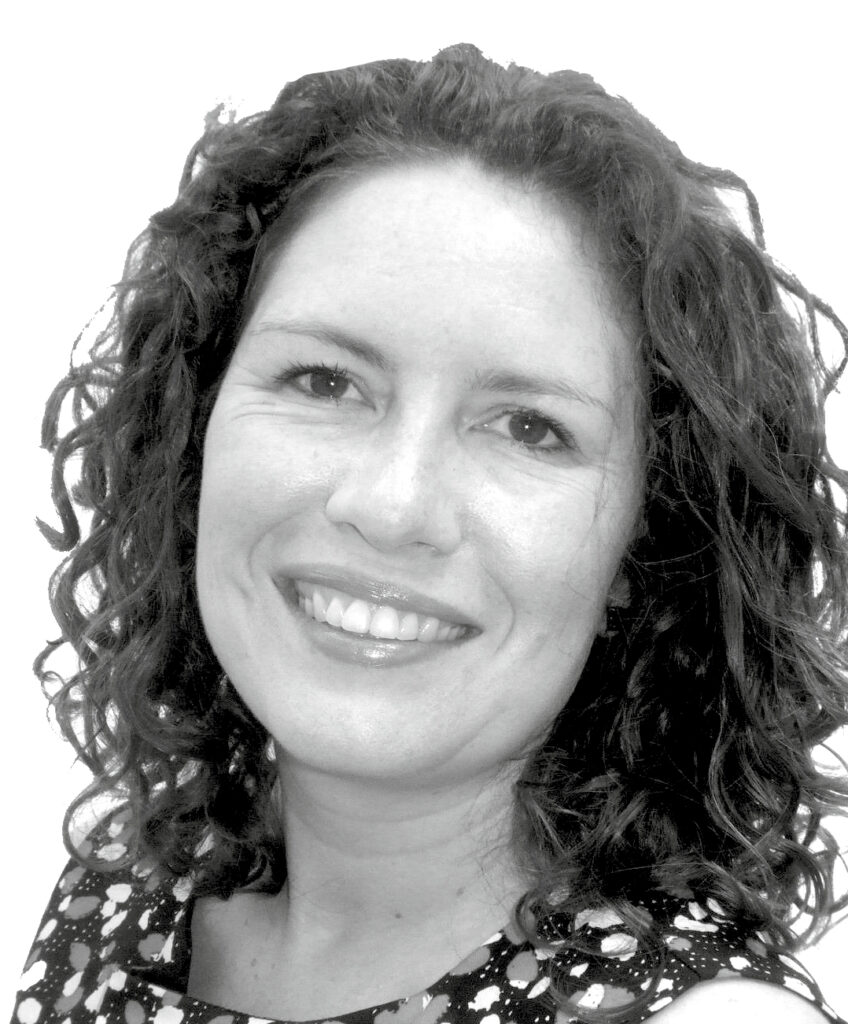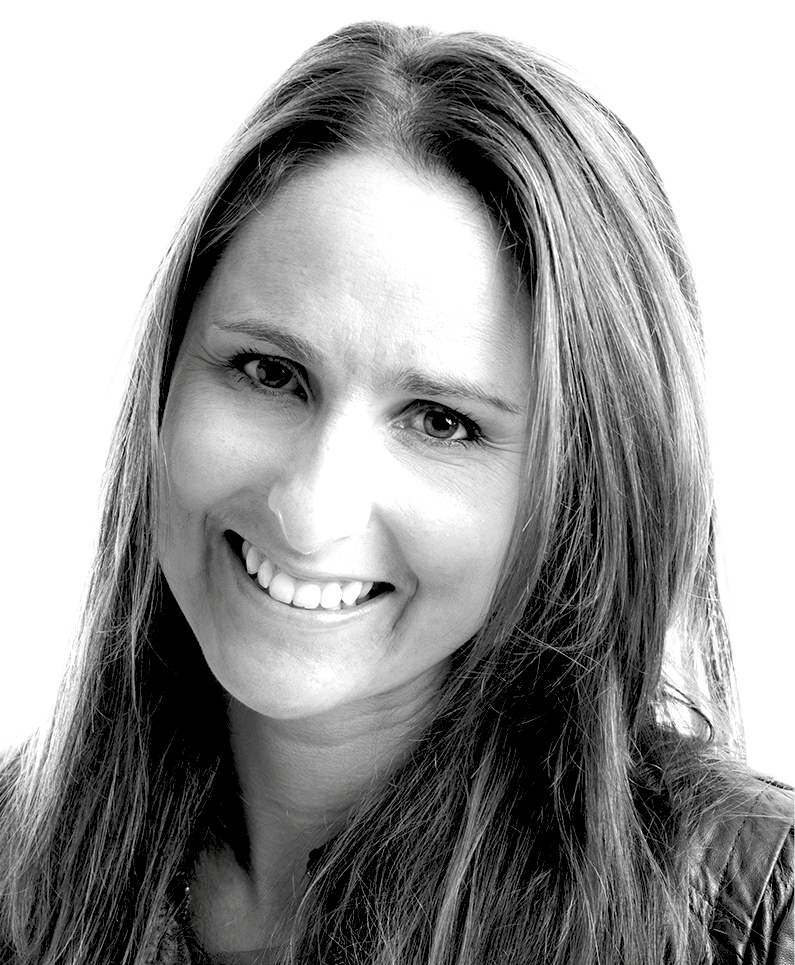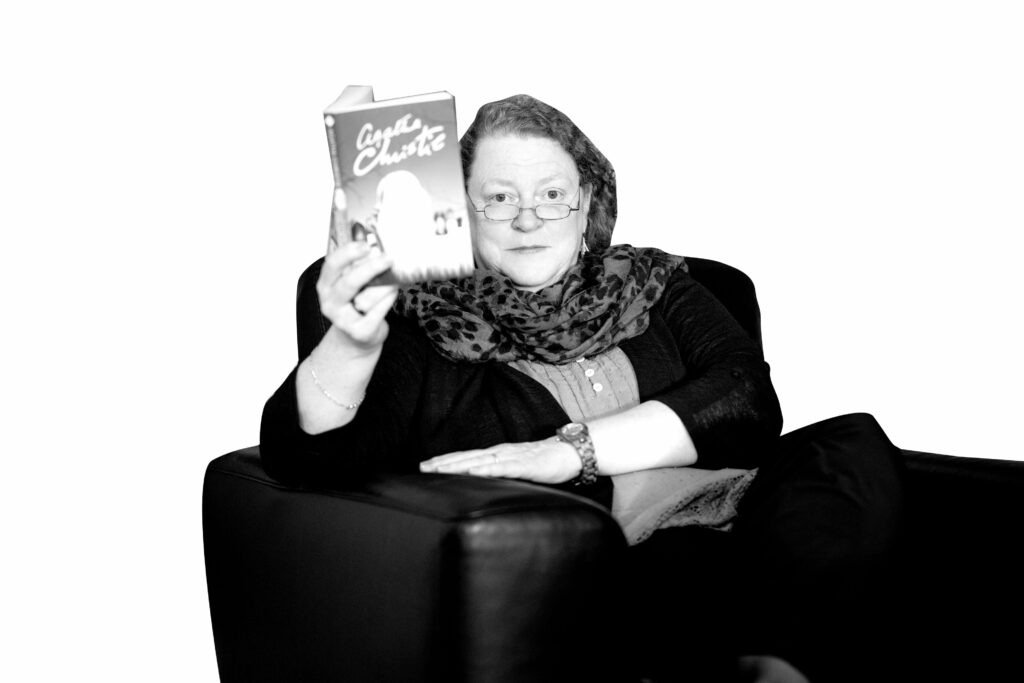FROM THE EDITOR

Five-a-day, eight hours of sleep, 2,500 calories… recommended daily allowances or amounts make me anxious. It’s my fault, I rarely meet them. It’s not just these guidelines either, I don’t think that there are any ‘public health commandments’ that I follow. Exercise for 150 minutes every week? Nope. Two litres of water a day? Never. No more than 14 units of alcohol in a week? Not this month.
Evidently, I’m going to fall to pieces any minute now. Or maybe not. These guidelines, many of them ingrained in the public consciousness, though well intentioned, are clearly not the final word on how to lead a healthy life. But how well do they stand up against our current thinking? At a time of year when we collectively emerge from a turkey-fuelled stupor, we look at what kind of health targets you really ought to be setting yourself and what health ‘truths’ aren’t set in stone. Check out ‘Recommended Health targets: Do They Work?’ to find out more.
As it’s that time of year, we’ve also taken a moment to look back at the images that blew our minds in 2022. Clearly, the James Webb Space Telescope upstaged everyone in this regard this year, but there are some absolutely staggering photos that I bet you’ve never seen before (including my favourite, a robot made out of a dead spider!). Head over to ‘The Best Science Images Of 2022’ to see them all.
See you in the New Year!
CONTRIBUTORS

SIR PETER DONNELLY
Peter, a professor of statistical science, gave us the lowdown on the new wave of genetic health tests that tell you your risk of developing certain diseases in the future.

DR WENDY HALL
Social media is awash with health gurus who believe that a meat-based diet is best. We asked nutritional scientist Wendy to examine the claims of the carnivore diet.

DR MICHAEL MOSLEY
Are you exercising eccentrically? Michael, who presents BBC Radio 4’s Just One Thing, explains why you should pick up a top hat and invest in a unicycle… only kidding. Turn to his feature to find out more

JHENI OSMAN
For BBC Radio 4’s Costing The Earth, science writer and editor Jheni scaled the Alps to learn more about the artefacts emerging from the melting glaciers and the race to preserve them.
ON THE BBC THIS MONTH…

The Royal Institution Christmas Lectures
Okay, so we told you about this last month. But we’re still super excited to see Prof Dame Sue Black take centre stage at the Royal Institution to share the secrets of forensic science. And if you’re too busy thrashing your family at Monopoly to watch, you can always tune in on iPlayer later.
BBC Four 26, 27 and 28 December, 8pm Also available on iPlayer

Sliced Bread
This might be our new favourite radio show. In Sliced Bread, Greg Foot challenges the latest fads and trends in the world of science, health and technology to find out whether the bold claims made by advertisers really stand up.
BBC Radio 4 Thursdays, 12:32pm Also available on BBC Sounds

The War Of The Worlds
It’s 125 years since the publication of HG Wells’s science fiction story, which was later made famous by the broadcast by Orson Welles that caused panic among its listeners. Well if you want to recreate that experience, tune in bright and early to Radio 4 Extra in the New Year.
BBC Radio 4 Extra Starts 2 January, 6:30am Also available on BBC Sounds
CONTACT US
Advertising • David.Dsouza@ourmedia.co.uk 0117 300 8110
Letters for publication • reply@sciencefocus.com
Editorial enquiries • editorialenquiries@sciencefocus.com 0117 300 8755
Subscriptions • buysubscriptions.com/contactus 03330 162 113*
Other contacts • sciencefocus.com/contact
*UK calls will cost the same as other standard fixed line numbers (starting 01 or 02) and are included as part of any inclusive or free minutes allowances (if offered by your phone tariff). Outside of free call packages call charges from mobile phones will cost between 3p and 55p per minute. Lines are open Mon to Fri 9am-5pm. If calling from overseas, please call +44 1604 973721. BBC Science Focus (ISSN 0966-4270) (USPS 015-160) is published 14 times a year (monthly with a Summer issue in July and a New Year issue in December) by Our Media Company, Eagle House, Bristol, BS1 4ST. Distributed in the US by NPS Media Group, 2 Enterprise Drive, Suite 420, Shelton, CT 06484. Periodicals postage paid at Shelton, CT and additional mailing offices. POSTMASTER: Send address changes to BBC Science Focus, PO Box 37495, Boone, IA 50037-0495.